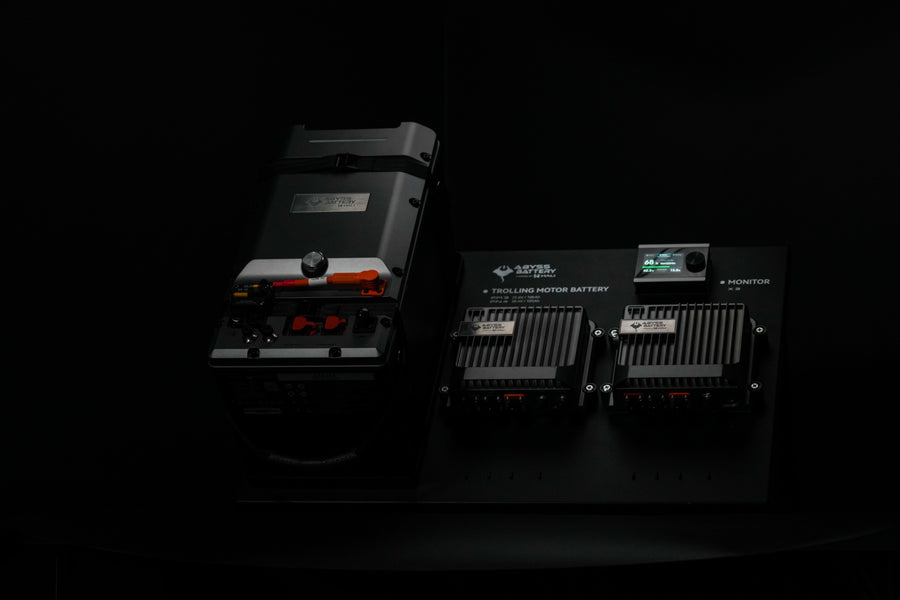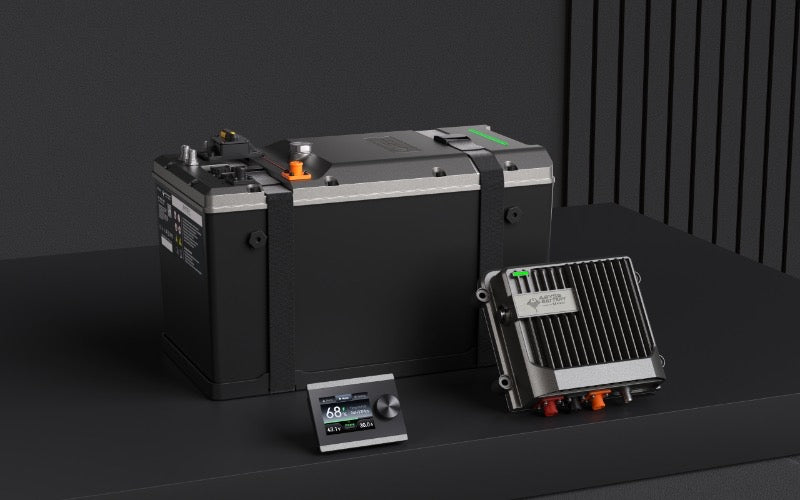4 Common Misconceptions About Lithium-Ion Batteries

You can find lithium-ion batteries in all sorts of everyday devices. Learning to take good care of your cell will ensure it lasts longer while retaining an adequate charge.
Learn about these 4 common misconceptions about lithium-ion batteries to keep yours in good condition.
Batteries Must Be Fully Charged Before Use
Often, people recommend draining the battery completely before charging it again. However, this has no real bearing on the lifespan of the battery. You can charge a lithium-ion battery anytime without negatively impacting the cell.
Waiting to recharge your lithium-ion battery doesn't offer any advantages. In fact, it's usually a good idea to ensure the cell is charged before each use.
Partial Discharges Will Lead to a Memory Effect
In some types of batteries, partially discharging the cell will lead to a memory effect, which prevents it from fully charging if it wasn't fully discharged the last time it was used. This issue impacts nickel-metal hydride and nickel-cadmium cells but not lithium-ion.
Modern manufacturers design their batteries to have better capacity and improved charging capabilities. It's actually worse for the cells to completely drain the charge during use.
Leaving the Battery Hooked Up to the Charger Will Reduce Its Life
Another common misconception about batteries is that they all degrade when charged for too long. Because of this, many owners keep a close eye on their lithium-ion cells while charging and remove them prematurely. However, lithium-ion chargers are made to terminate the charge once the cell is full.
Whether you're charging deep-cycle, starter, or lithium trolling batteries, you can simply leave them plugged in until you're ready to use them.
Fast Charging Can Degrade the Battery
Many lithium-ion battery owners fear fast charging cycles, believing they can damage the cell. However, the charging speed will depend primarily on the charger itself and the manufacturer's specifications. Lithium-ion batteries are capable of slow, medium, and fast charging speeds without excess degradation.
Battery life is generally determined by how many discharge cycles the cell has gone through. Avoiding environmental variables such as temperature, moisture, and sunlight will do more to prevent degradation.
Get More Cycles Out of Your Lithium-Ion Battery
There are quite a few things that can lead to a dead cell. Caring for your batteries increases their life and limits component damage.
Learning the most common misconceptions about lithium-ion batteries will allow you to maximize your investment and avoid unwanted incidents.




Leave a comment